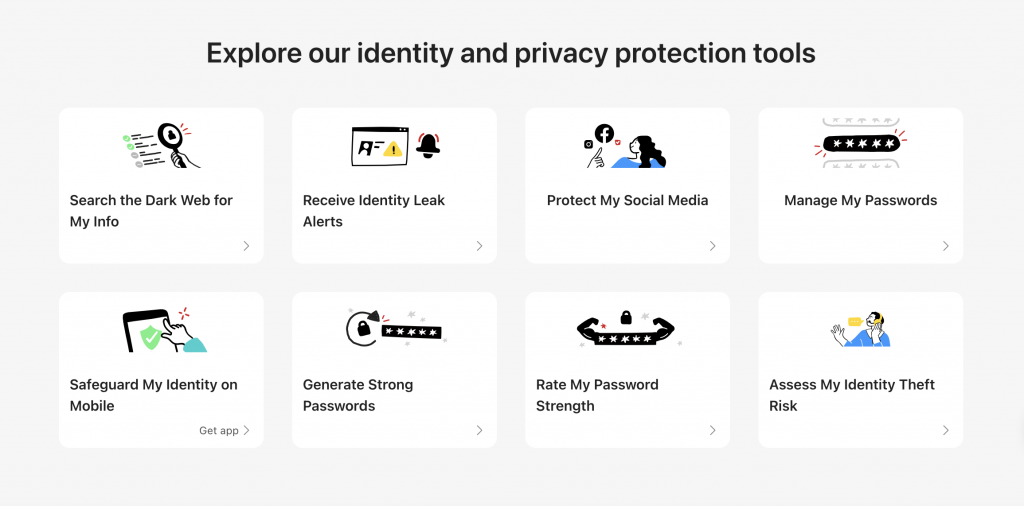Security experts are warning the public about a new kind of sextortion email scam that uses images of victims’ homes, sourced from online services like Google Maps, to increase the pressure on would-be victims to comply with the scammers’ demands.
Recent reports show that these emails start with the recipient’s full name, followed by a chilling message, such as: “Is visiting [recipient’s street address] a more effective way to contact if you don’t take action? Look familiar?” Beneath this line is a photo of the recipient’s home or street. These personalized details, combined with threats, have left many feeling deeply uneasy.
The sextortion emails typically claim that the sender, posing as a hacker, has compromised the recipient’s computer, installed a spyware known as Pegasus, and recorded them through their webcam. The scammer threatens to release the video to the recipient’s contacts unless they pay a ransom — usually in Bitcoin. The amounts requested range from $2,000 to $2,200, and payment is demanded via a QR code embedded in the email. Recipients are warned that they have only 24 hours to comply.
“I don’t make mistakes, [recipient’s name]. If I suspect that you’ve shared or discussed this message with anyone else, the video will instantly start getting sent to your contacts,” the email adds. Despite the lack of any actual video footage, these tactics are highly effective in creating fear and urgency.
Sextortion Scams and What to Do
Sextortion is a severe form of blackmail where a victim is threatened with the release of sensitive or private material unless they comply with demands for money, sexual favors, or explicit images. The FBI has reported an increase in sextortion cases, with financial sextortion becoming more common. In July 2024, Meta revealed that it had taken down 63,000 Instagram accounts in Nigeria involved in sexual extortion scams and removed thousands of Facebook groups and pages used to recruit and train scammers.
Be sure to follow these three best practices:
- Do not send compromising images to anyone, regardless of who they claim to be.
- Avoid opening attachments from unknown sources.
- Turn off or cover your webcams when not in use.
If you receive a sextortion email, it’s essential not to comply with the demands. Instead, report the email to the appropriate authorities, such as the FBI or local law enforcement. If you believe you’ve fallen victim to sextortion or know someone who has, contact the FBI via their toll-free number: 1-800-CALL-FBI. You can also contact your local FBI field office, or report the case online at tips.fbi.gov.
Protecting Your Identity and Personal Info
Scams like this can have serious consequences, including identity theft, financial fraud, and job losses. We would encourage readers to head over to our new ID Protection portal, which has been designed to meet these challenges. With ID Protection, you can:
- Check to see if your data (email, number, password, credit card) has been exposed in a leak, or is up for grabs on the dark web;
- Secure your social media accounts with our Social Media Account Monitoring tool, with which you’ll receive a personalized report;
- Create the strongest tough-to-hack password suggestions from our advanced AI (they’ll be safely stored in your Vault);
- Enjoy a safer browsing experience, as Trend Micro checks websites and prevents trackers.
- Receive comprehensive remediation and insurance services, with 24/7 support.

Offering both free and paid services, ID Protection will ensure you have the best safeguards in place, with 24/7 support available to you through one of the world’s leading cybersecurity companies. Trend Micro is trusted by 8 of the top 10 Fortune 500 Companies — and we’ll have your back, too.
Why not give it a go today? As always, we hope this article has been an interesting and/or useful read. If so, please do SHARE it with family and friends to help keep the online community secure and informed — and consider leaving a like or comment below. Here’s to a secure 2024!
0 Comments
Other Topics
